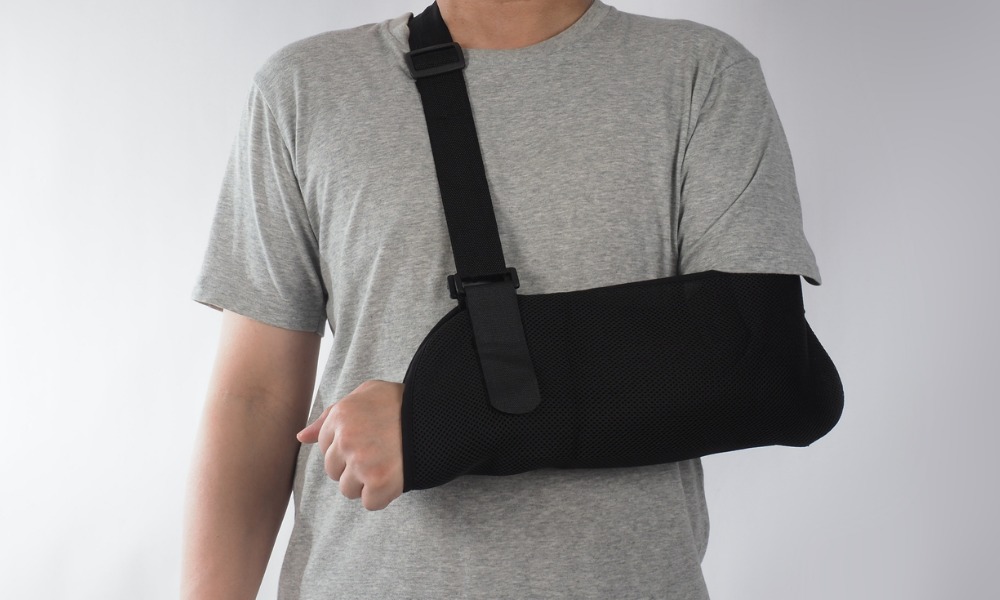
Worker seeks damages for injuries sustained at project site

The Texas Court of Appeals recently dismissed a case against general contractors because it found that they did not exercise a contractual right to control and did not actually control the equipment involved in a workplace accident case.
MMM Ventures LLC and Crescent Estate Custom Homes LP (collectively Crescent) were the general contractors for a construction project called the Entrada Project. Crescent employed Henry Steel Construction, LLC as a subcontractor for the project’s steel erection work. The plaintiff in this case worked with Henry Steel as an independent contractor.
In June 2018, Henry Steel was moving a load of steel weighing about 6,000 pounds into a townhouse that was under construction. A Henry Steel employee was operating a forklift to lower the load into the basement, while Henry Steel’s owner was directing.
The load slipped from the forklift and fell on the employee, who was in the basement to guide down the load. The impact crushed his right arm and injured his left leg and foot.
Read more: The difference between a specific injury and cumulative injury
When the accident occurred, Crescent’s two project managers were at another location at the project site. None of Crescent’s employees were there at the townhouse, involved in the planning or execution of lowering the steel load, or directing Henry Steel on how to perform its job.
The employee filed a lawsuit against Henry Steel and Crescent. He asked for damages for his injuries due to the workplace accident. He made claims of negligence, respondeat superior, negligent undertaking, and negligence per se.
The trial court summarily dismissed all the claims against Crescent. This prompted the employee to appeal.
In the case of Horton v. MMM Ventures LLC, Individually and as General Partner of Crescent Estates Custom Homes LP, and Crescent Estates Custom Homes LP, the Court of Appeals for the Fifth District of Texas at Dallas affirmed the judgment of the trial court in Crescent’s favor. Crescent owed the plaintiff no duty of care, the appellate court ruled.
First, the appellate court found that the evidence did not support that Crescent had a contractual right to control who could use the forklift and how they could use it to perform the work on the day of the accident. The evidence also did not prove to whom the forklift belonged.
The owner of M&C Roofing, another subcontractor involved in this case, had no way of knowing whether Crescent exercised control over the job that day because he was not present at the site and had no idea about the occurrences relating to the forklift or the employee’s injury, the appellate court said. None of the witnesses present that day testified that Crescent had contractual control of the forklift, the appellate court added.
Second, the appellate court held that the evidence did not establish that Crescent exercised actual control over the way that Henry Steel or the worker performed the job, over the timing and sequence of the work of Henry Steel’s employees, or over the worker’s duties as an independent contractor.
However, Henry Steel’s owner, who was also the head subcontractor for Henry Steel on this project, testified that he controlled how the job would be performed and what they had to do to lower the steel into the basement. He stated that he spoke about this to the worker.
Henry Steel’s employee who was operating the forklift at the time agreed that the head subcontractor was the one making decisions for how to move the steel and for how to perform the job.